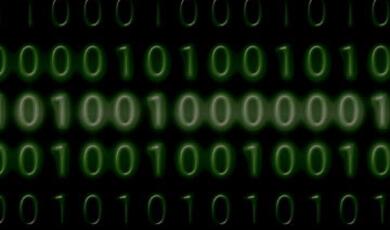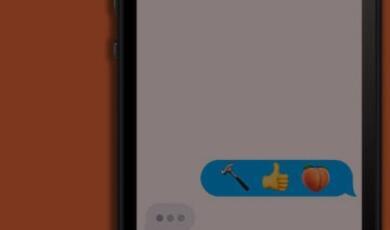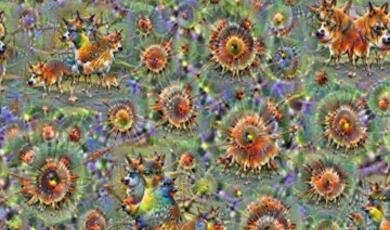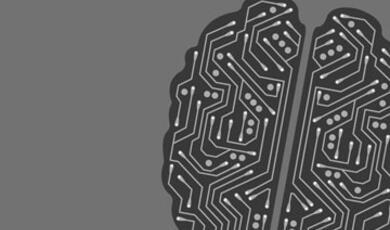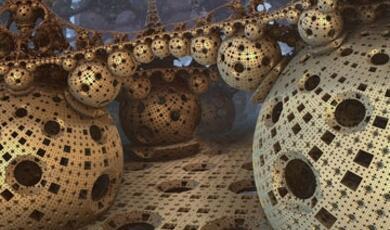In his first lecture series as Professor of IT, Richard Harvey will look at the science of information and explore some of the latest advances in computer technology.
Physicist John Wheeler asked the famous “It from bit?” question: what if at its heart the universe is not a collection of particles, forces and fields but rather a collection of bits? If this is true, it leads us to new insights in compression, machine learning, artificial intelligence and maybe even the universe and life itself.
Alexa, Siri and Cortana are among a number of voice-enabled digital assistants that can not only speak to us but understand our speech. Sci-fi films had talking computers many years ago. Why has it taken so long to crack the speech processing puzzle? Why do we find speech processing so effortless and machines find it so daunting? And what progress can we expect in the next few years?
Human vision also seems effortless: from a young age, we see the world in high-definition colour. We can tell the difference between a cat and a hat, and “The man who mistook his wife for a hat” is an anomaly. But despite recent progress, machines still confuse wives for hats. Professor Harvey will examine the phenomenon of computer vision, show how to build a computer vision system and discuss the expectations for the future.
Machine Learning has had several excitements over the years with machines that are modelled on the human brain. The invention of the perceptron and artificial neural networks were followed by intense scientific activity and excitement, then by disappointment at a number of unappreciated deficiencies. The latest craze is deep neural networks. Professor Harvey will explore how deep learning works, what it can do and if neural networks are a modern miracle or yet another false dawn.
Text is everywhere. From tweets to the gigantic records of governments, machine processing of text is now subtle and pervasive. We can automatically identify authors of works, look for disease within tweets and even construct chatbots which can convince some people that they are human. Professor Harvey provides a brief history of text processing and looks towards the future when the computer sonnet or love poem might become a reality.
Computers are often parodied as machines that kill creativity. Yet modern works of creativity usually have a digital aspect, and many are wholly digital. Professor will look at the technology that enables creativity (not always of a good kind) and the prospects for a machine to create works of art.


 Login
Login

